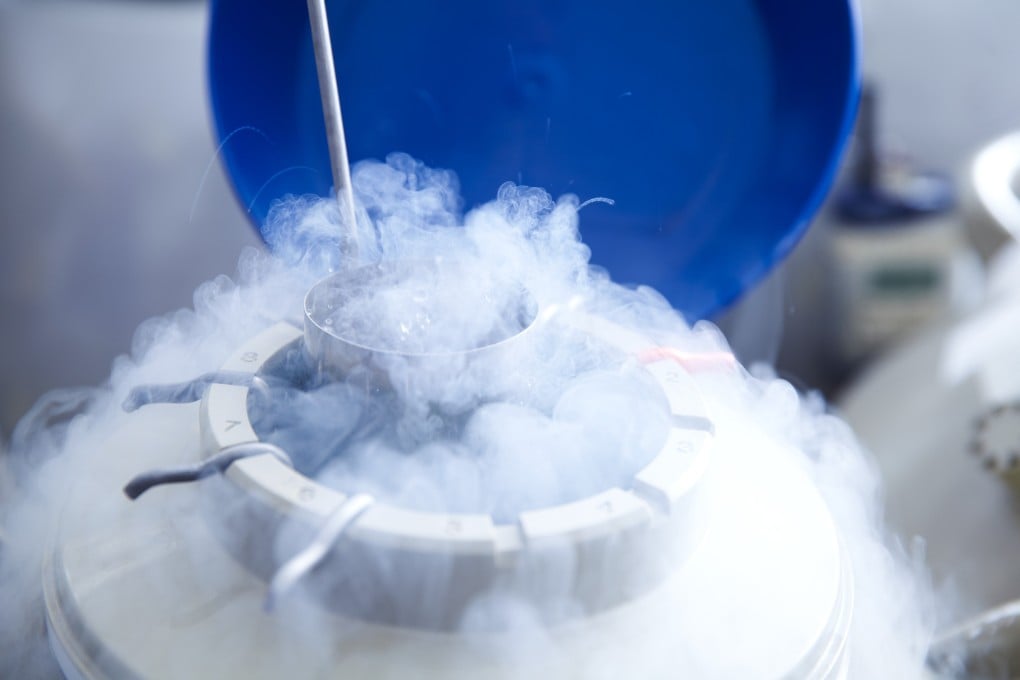Advertisement
Why more Indian women are freezing their eggs during the coronavirus pandemic
- Indian fertility clinics have seen a 25 per cent rise in the number of women freezing their eggs in the last year, to keep their childbearing options open
- Some are career-focused or haven’t found partners, while the pandemic has also reduced dating opportunities and made them question their futures
Reading Time:4 minutes
Why you can trust SCMP
1

Delhi banker Surbhi Kumar* was never keen to marry or have children. But after witnessing the deaths of two relatives during India’s Covid-19 second wave in April, the 37-year-old became anxious about growing old with no close family around. So she decided to freeze her eggs.
“I wanted to feel emotionally secure about having my own child someday,” Kumar said. “I don’t know when I would use these eggs but I have something to fall back on now.”
Like Kumar, a growing number of urban career-oriented single women, mostly aged 32-38, are preserving their ova to use later, a process known as social egg freezing or mature oocyte cryopreservation.
Advertisement
The reasons vary, with many having delayed childbearing either because they did not find the right partner or did not prioritise having a family. The reduced opportunities for dating during the coronavirus pandemic also delayed prospects of marriage and chances of motherhood.
Although there is no national data on egg freezing in India, assisted reproductive technology specialists said there has been a 25 per cent rise in the number of single women freezing their eggs over the past year.
Advertisement
Advertisement
Select Voice
Choose your listening speed
Get through articles 2x faster
1.25x
250 WPM
Slow
Average
Fast
1.25x